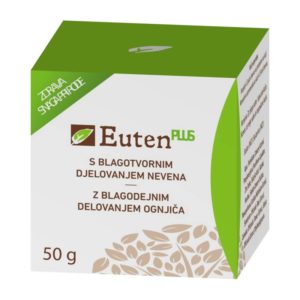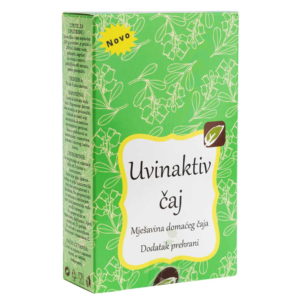Atopic dermatitis is a chronic eczematous skin disorder that usually starts in childhood. A predisposition to atopic psoriasis is inherited. Patients with atopic dermatitis have “super sensitive” skin along with also a decreased threshold for aggravation.Acute atopic dermatitis produces weeping, oozing plaques of quite itchy skin.
Chronic atopic dermatitis appears as sterile, elevated plaques of skin. Patients with atopic dermatitis appear to get a misguided immune reaction. Treatment of atopic dermatitis is based around rehydrating skin with emollients like petroleum jelly and the careful use of topical steroids to decrease itching and inflammation.
Oral antihistamines may assist in breaking up the “itch-scratch” cycle. Since secondary diseases can aggravate the rash, and oral antibiotics may also be sometimes suggested.
Atopic dermatitis is a common, frequently persistent skin disorder which affects a large proportion of the planet’s inhabitants. Atopy is a distinctive sort of allergic hypersensitivity that’s related to asthma, inhalant allergies (hay fever), along with also a chronic dermatitis. There’s a known hereditary part of the disorder, and it’s more prevalent in families that are affected. Criteria that allow a physician to diagnose it comprise the normal appearance and distribution of the rash in a patient using a family or personal history of hay or asthma fever. The expression atopic is in the Greek meaning “strange.” Many doctors and patients use the term eczema when they’re referring to the particular condition. Occasionally it’s known as neurodermatitis.
This sort of eruption is termed eczematous. Additionally, dry skin is a really common complaint in virtually all those suffering by atopic dermatitis.
Sometimes, it may persist to adulthood or might rarely look at the moment. Some individuals have a tendency to have a lengthy course with ups and downs. Typically, there are intervals once the disease is worse, called exacerbations or flares, which can be followed by periods once the skin improves or clears up entirely, called remissions. Many children with atopic dermatitis enter a permanent remission of this disease when they get older, even though their skin can stay somewhat dry and easily irritated.
Numerous elements can cause or aggravate atopic dermatitis, such as low fever, seasonal allergies, and exposure to harsh soaps and detergents, and chilly weather. Environmental variables can trigger symptoms of atopic dermatitis at any time in the lives of people who have inherited the atopic disease trait.
This content is not intended to advise you about your health. Always seek advice from your doctor or other qualified healthcare professionals.




